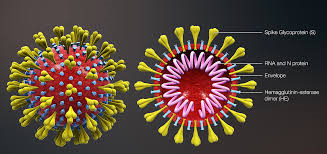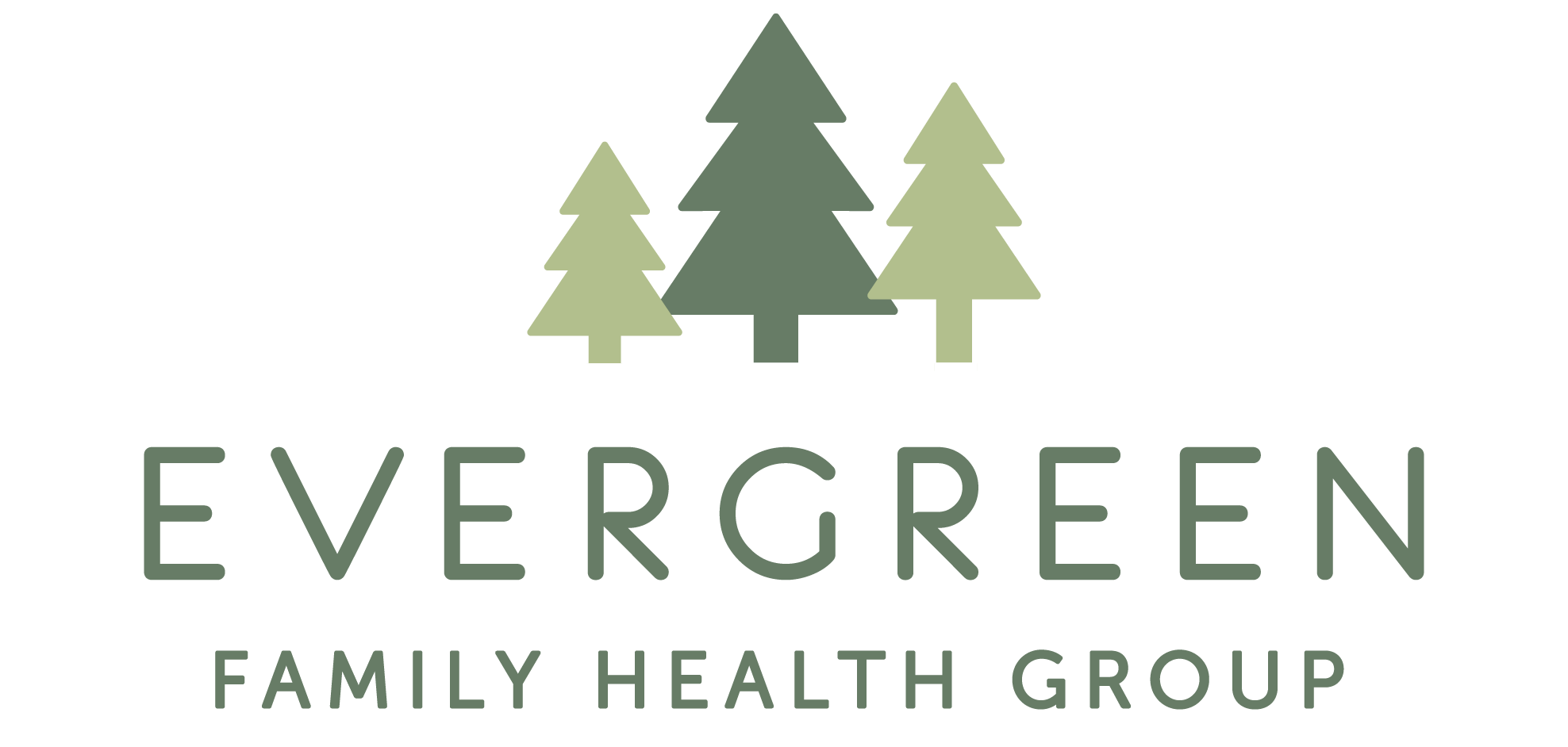Covid-19 advice for our patients:

The most important advice that we have is to follow the Vermont Department of Health guidelines:
Wash your hands
Keep your social circle small
Stay at least 6 feet apart
Wear a mask
Stay HOME if you are ill. This means any new symptoms such as:
- Fever (100.4 F or higher)
- Cough
- Shortness of breath or difficulty breathing
- Chills
- Fatigue
- Muscle pain or aches
- Headache
- Sore throat
- New loss of taste or smell
- Congestion or runny nose
- Nausea or vomiting
- Diarrhea
Call your health care provider to request Covid-19 testing if you have any symptoms of illness. This can easily be arranged for you. You must stay home and quarantine until you have your test results. Seek urgent medical care if you are becoming short of breath or having high fevers and weakness.
Please be aware that you are more high risk for COVID if you have certain health conditions:
Among adults, the risk for severe illness from COVID-19 increases with age, with older adults at highest risk. Severe illness means that the person with COVID-19 may require hospitalization, intensive care, or a ventilator to help them breathe, or they may even die.
Adults of any age with the following conditions are at increased risk of severe illness from the virus that causes COVID-19:
- Cancer
- Chronic kidney disease
- COPD (chronic obstructive pulmonary disease)
- Heart conditions, such as heart failure, coronary artery disease, or cardiomyopathies
- Immunocompromised state (weakened immune system) from solid organ transplant
- Obesity (body mass index [BMI] of 30 kg/m2 or higher but < 40 kg/m2)
- Severe Obesity (BMI ≥ 40 kg/m2)
- Pregnancy
- Sickle cell disease
- Smoking
- Type 2 diabetes mellitus
Based on what we know at this time, adults of any age with the following conditions might be at an increased risk for severe illness from the virus that causes COVID-19:
- Asthma (moderate-to-severe)
- Cerebrovascular disease (affects blood vessels and blood supply to the brain)
- Cystic fibrosis
- Hypertension or high blood pressure
- Immunocompromised state (weakened immune system) from blood or bone marrow transplant, immune deficiencies, HIV, use of corticosteroids, or use of other immune weakening medicines
- Neurologic conditions, such as dementia
- Liver disease
- Overweight (BMI > 25 kg/m2, but < 30 kg/m2)
- Pulmonary fibrosis (having damaged or scarred lung tissues)
- Thalassemia (a type of blood disorder)
- Type 1 diabetes mellitus
Please don’t hesitate to call your health care provider with any questions about Covid-19. Please also refer to the health department website for updated information as well as guidelines which are specific to Vermont. These guidelines include travel restrictions and quarantine requirements as well as new guidelines about restricting any contact with those outside of your household. We understand that these guidelines are challenging for all of us but so important to protect each and every one of us! We must save lives and prevent our hospitals from being overwhelmed.

